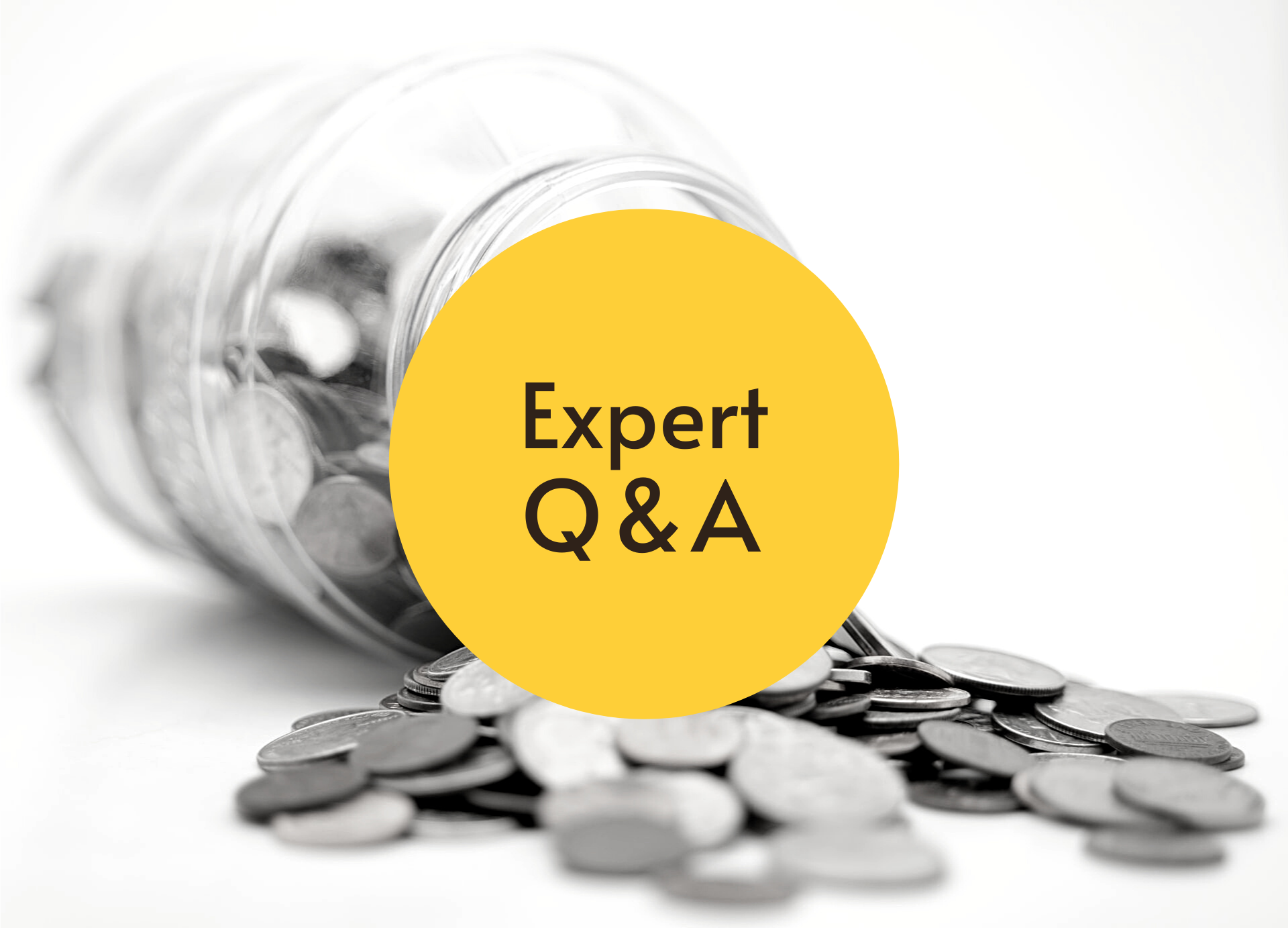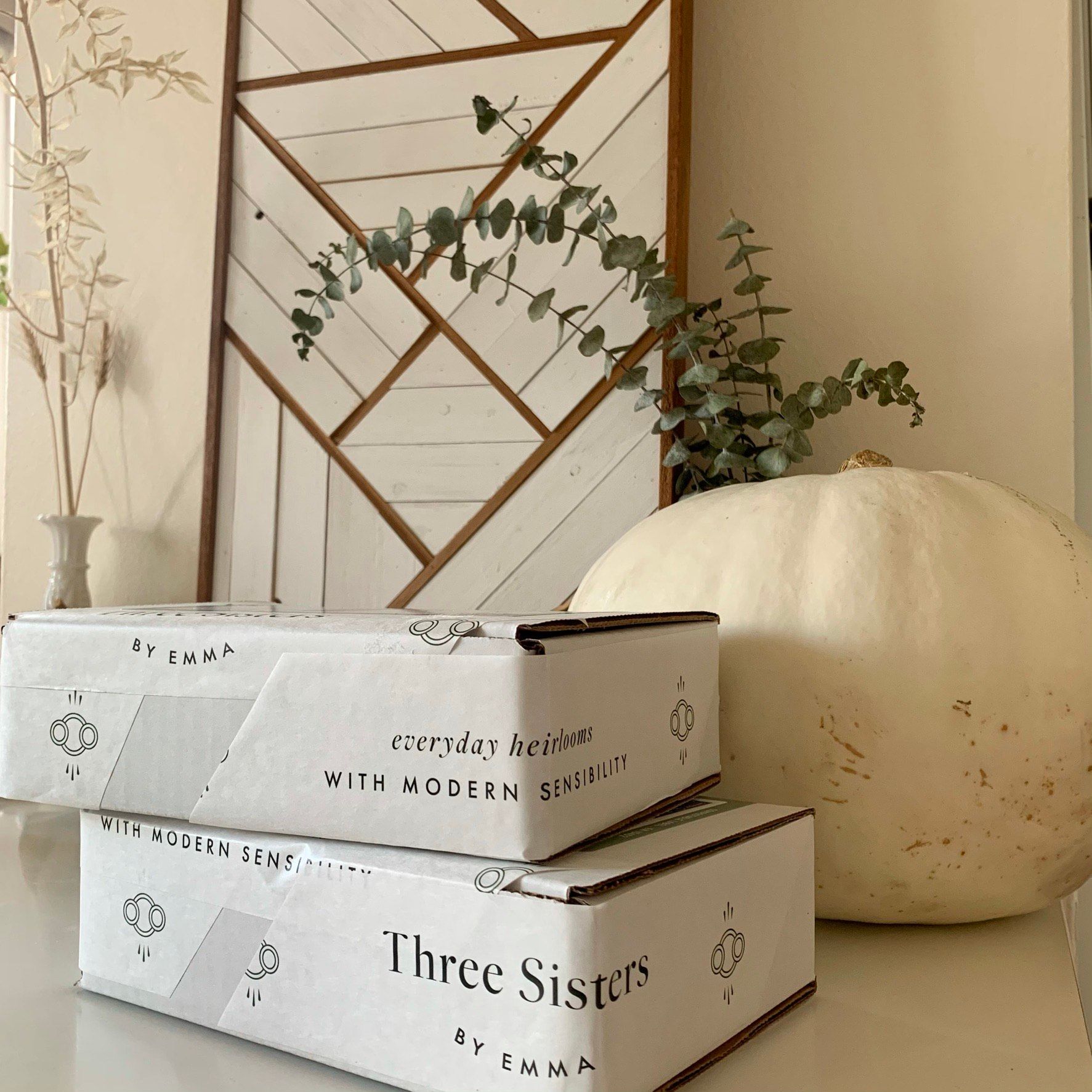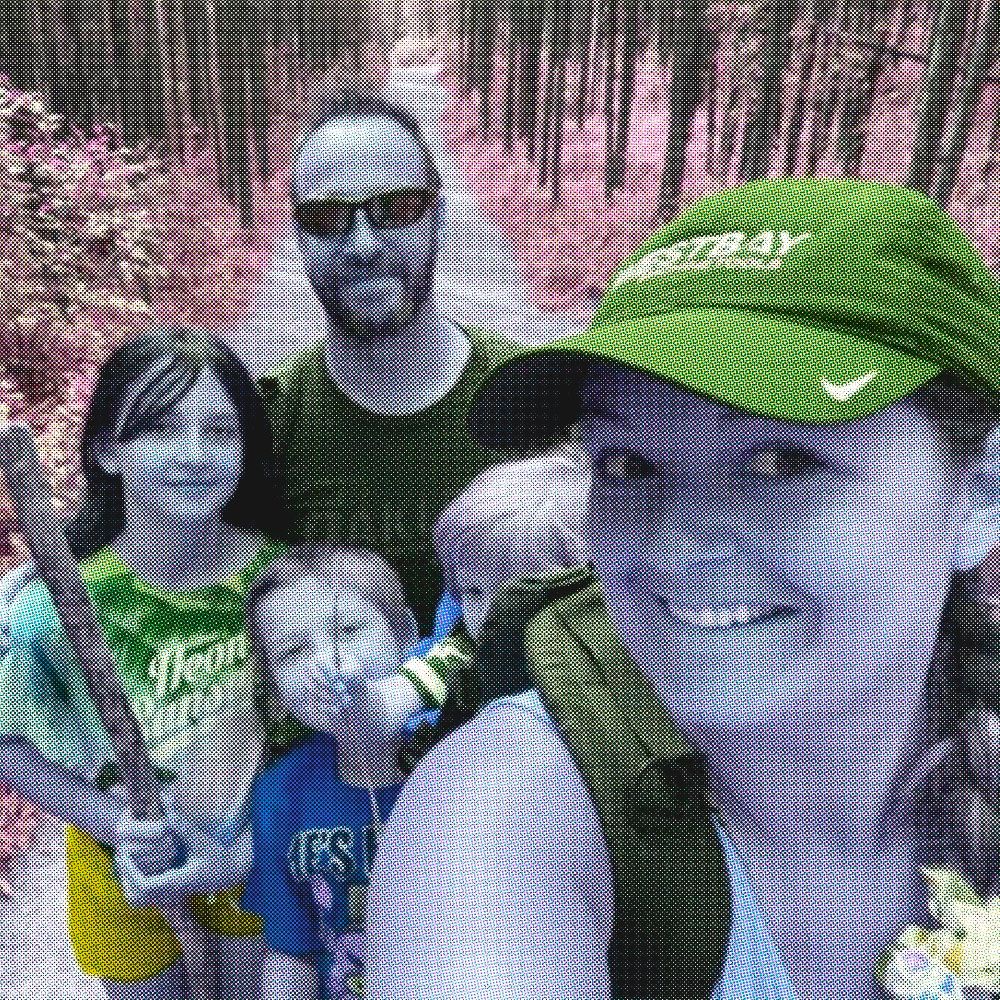Managing your finances is a huge part of running a business, and there are a lot of things to consider. One Workshop member asked us: How do you create the financial flexibility to be prepared for emergencies — especially of a personal variety — when you’re a small business owner? We chatted with business coach Laura-Jean Bernhardson for her advice.
So this is a very individualized question, and I don’t have a cookie cutter answer like, “Make sure you have three months worth of living expenses in the bank.” You know, it really depends on your circumstances. Each person needs to look at what their business demands of them financially, how cyclical that is in terms of seasonal highs and lows, and so on.
Part of businesses is gambling — hopefully calculated risks — but there are factors that you just can’t predict, like we all found out with COVID. Look at what that did to people’s businesses. It shook the whole system. Now, that’s hopefully a rare once-in-a-lifetime experience, but in my almost 30 years of doing business, there have been all kinds of other circumstances that come up. Whether it’s a death in the family or an illness — different things take you out of the game for a while.
You have to look at what your own contingency plan is, whether that’s having savings, a line of credit, family members who might be able to help you, or other potential resources.
In general, the rule about applying for credit is to apply for it when you don’t need it. Don’t wait until you need a line of credit. Apply for it when you’re in good financial shape; that’s when you’re more likely to get approved. As long as you have the discipline to leave it sitting there, that can be your “emergency fund.” Although it’s not a fund, it’s going into debt, but still, it’s one way out, right?
Look at your own situation and all the possible worst-case scenarios, where you’re vulnerable.
Look at your own situation and all the possible worst-case scenarios, where you’re vulnerable. Do you have an elderly parent? Are you trying to get pregnant? What is the thing that’s going to potentially “getcha”?
For example, last year I was diagnosed with cancer and thank God I had a critical-illness insurance policy. Having critical-illness and injury insurance in your back pocket [can be helpful]. If I had had money to worry about on top of cancer, that would have been beyond a nightmare.
[Even before my diagnosis,] I felt that my vulnerability was that I was a parent. If I had been younger, like in my 20s, I probably wouldn’t be worried about critical illness because, hey, I’m 20! You know? But also, there were times in my life where insurance wouldn’t have been so necessary because my living expenses were low and I didn’t have the kind of responsibilities I have now. But because I have kids and mortgage payments, I have this insurance. And luckily I got it when I was much younger so the premium was low. It’s always just been this small monthly expense that I was able to manage, no problem, and it came in super handy when I actually needed it. Don’t put it off.
There’s a little bit of doomsday thinking involved. It’s stuff you don’t want to think about but it’s important, because you do need to plan for it. Where are you most vulnerable? What would you do if you couldn’t work for six months? What would that look like?
For me, until the insurance payments came through, I was dipping into my savings. The insurance and my savings were there for for the worst-case scenario and I lived through the worst-case scenario.
My RRSP ended up being a cushion too: during the pandemic I dipped into that. It’s not the ideal route, because you can get penalties for taking money out of your RRSP early, but it’s better than losing your house.
Part of being a smart business person is taking care of your finances.
Part of being a smart business person is taking care of your finances. If you want to be serious about your business — which is great, because having a business is an amazing way of life — then educating yourself and learning to be financially responsible is part of that.
And man, you feel like a boss when you start saving and seeing it grow. The financial stuff was always scary to me, but bit by bit, I figured out a little more each year — interest rates, loans, how to finance things and all that stuff. That’s a hugely empowering feeling.
The other thing is to look at who can help out. It’s not only about financial flexibility, but also labour and emotional support. That’s another huge piece of the puzzle. Think about who you can rely on, like family members. Often people would like to help — whether floating you a loan or offering you some insight — but if we don’t ask for the help, we don’t get it.
Look at your spending, at where you’re wasting money — there’s usually something you can squeeze out to save. And at the same time, understand that scraping by is often a place a business goes through. If you’re there now, you want to look at what you can do in your business to make sure that you get to a better place.
And also, there’s power in the scraping-by periods of your business, because you are scraping by, you are succeeding, even though it’s not the kind of success you want. It teaches you to be resourceful with the money you do have. I’ve seen many, many people make too-big mistakes, because they have too much money. Almost everybody thinks, “Oh, I just need a bunch of money. If somebody gave me $10,000 or $100,000, I would be able to launch the business and make it amazing.” But I’ve seen too many people take their money and, because they haven’t scraped by, they haven’t really understood what it takes to make their business run, they take all that money and put it in the wrong direction. For example, spending it all on making a product before testing whether it sells and then being left with dead inventory.
Laura-Jean Bernhardson has been a lifelong maker and entrepreneur with several brands, including her first business, Fresh Baked Goods, where she was known as Laura Jean, the knitting queen. Now she has a jewellery brand called Long Weekend Shop and is a coach for entrepreneurs, helping them build six- and seven- figure businesses with more ease, more profit and less stress.
Submitting questions to our experts is one of the perks of being a paid Workshop member. Why not check out our membership plans? If you're already part of the community, send your questions via our ask the experts submission form.







